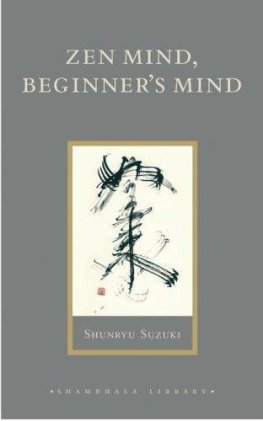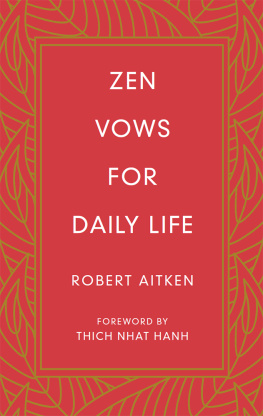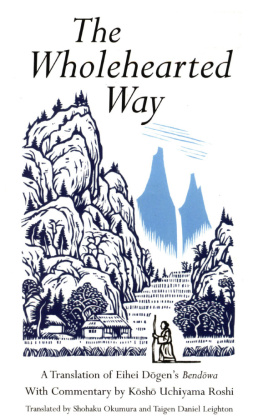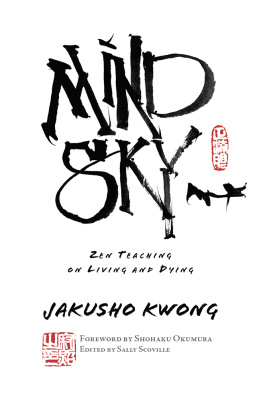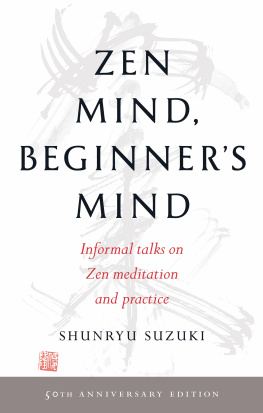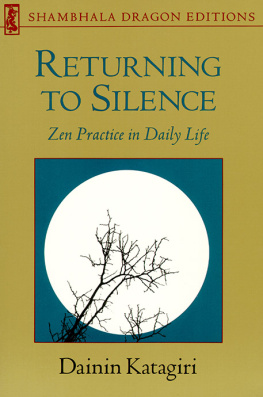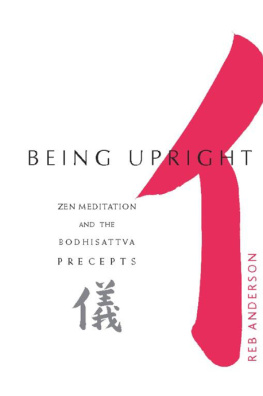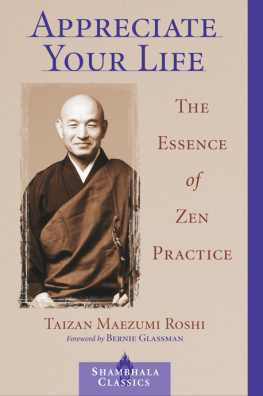MINDING THE EARTH,
MENDING THE WORLD


Copyright Susan Murphy 2014
All rights reserved. No part of this book may be reproduced or transmitted by any person or entity (including Google, Amazon or similar organizations), in any form or by any means, electronic or mechanical, including photocopying, recording, scanning or by any information storage and retrieval system, without prior permission in writing from the publisher.
Quotations from Naomi Kleins Capitalism vs the Climate, The Nation, 28 November 2011, reproduced with permission from the author.
The author and publisher have made every effort to contact copyright holders for material used in this book. Any person or organisation that may have been overlooked should contact the publisher.
First published 2012 in Picador by Pan Macmillan Australia
Typeset in 11.5/16 pt Minion by Post Pre-Press Australia
Cover design by Gopa & Ted2, Inc.
Library of Congress Cataloging-in-Publication Data is available
Murphy, Susan, 1950 author.
Minding the earth, mending the world : Zen and the art of planetary crisis / Susan Murphy.
pages cm
ISBN 978-1-61902-381-9
1. Human ecologyReligious aspectsZen Buddhism.
2. Zen BuddhismSocial aspects. I. Title.
BQ4570.E23M87 2014
294.3377DC23
2013047444
COUNTERPOINT
1919 Fifth Street
Berkeley, CA 94710
www.counterpointpress.com
Distributed by Publishers Group West
10 9 8 7 6 5 4 3 2 1
For Michael, Jack and Maeve, and, as time goes on, for Maya.
Contents
by John Tarrant

H umans were born to develop and understand consciousness; we are the creatures who want to know who we are. The marvel of having a consciousness is entangled with the marvel of the universe itself, and our interest in how well we are understanding ourselves and our place in things runs through all religion and philosophy.
This book begins with an awakening, a childhood epiphany that becomes a touchstone for other discoveries along the way. The way is all about learning how we can live in our world as if we were making art. Susan Murphy is an artist and a most genuine Zen teacher, and she has taken on the great topic of our time in a unique way. The question she explores is a kind of magic threadat one end there is climate change and at the other end is the fundamental fact of our human awareness. In between are dreams, carbon balances, what we eat, the smell of summer rain, whether we respect living beings enough to form relationships with them. The questions that allow us to explore these many linked territories are ones like: How will we survive? How will we survive ourselves? What is actually happening to the climate? What are we allowed to take from this world? What is too much to ask and what is the right amount? What stories are we telling ourselves? How might we change if we had different stories? What gates are there for us to walk through? Can we be friends with the animals? With each other? What, in the realms of art and thought and awe, can we draw on that will change the story we are living? And underneath all these questions like a hidden river is this: Do we love life enough to live it and preserve it?
The issue of climate change is, as Susan points out, so large and so near that in filling the view finder, it can disappear from the mind. She has taken on the task of making it visible and making us want it to be visible and want to understand how we might relate to so challenging a confrontation. Hard times are the test of whether we love life, and in dark times that cause fear and looking away, just to look is itself an act of love for the planet and also for ourselves. Because her interests and her experience range so widely, she can take us through every kind of landscape. Susan Murphy is a great companion for such a journey.
We humans have carried an interest in our consciousness on our long migration to every corner of the earth, making bone flutes in caves, drawing on the walls and on our own bodies, making pots, burying the dead. At the same time we were also born with a kind of a pain, a separation between ourselves and the intricate, ever-flowing universe. This separation is in the stories we tell ourselvesAdam and Eve bit the apple and were evicted from the garden; we must die, we must labor and give birth in pain.
The pain of separation appears in the way we treat the natural world inside us and outside us. In terms of what is outside, we have a climate crisisthe thing so large it is hard to mention. In terms of what is inside we have our obsessions. But we also have the arts of attention, which offer a way out of the dilemma; we learn from dreams, Zen koans, Aboriginal myths, childhood epiphanies. Even the great story of science, the story of evolution, is itself a kind of myth to orient the mind.
How do we honour the joy of being human, the charged meaning we feel in merely breathing under the night sky so full of stars, and also be true to the temporariness of us, our temporariness appearing in our time in the particular and most poignant form of climate change? It is in the joining of the outer and inner points of view that this book excels.
Susan starts like a romantic poet, taking us on a long arc through the causes of despair and the mortal danger of our time and a conversation with the earth and with our own animal nature. She releases us in the end into practicesshe offers us something real to do, a medicine kit she calls it, a way to change our minds so we can see a bigger view.
In the medicine kit she offers Zen koans, poetic and disturbing stories and devices. She actually knows about and loves them tenderly, and shows them as gate openers, a way to step into the inconceivable, to grow wise through our mistakes.
These practices come at a place in the journey where they arrive as a kindness and a release. When overwhelming strength is arrayed, softness and dreaming might lead the way. When the situation is impossible then we will be able to step outside of the possible. It is never too late.
John Tarrant, June 2012.
Dr John Tarrant is a Zen master, the founding teacher of the Pacific Zen Institute in California, and the author of Bring Me the Rhinoceros and The Light Inside the Dark.

I t is hard to say when this book began life. It seems at least as old as I am, but also far older.
Perhaps the origin of any book, like the source of a river, is finally impossible to separate from all that is and will be. For which of a dozen or more feeder springs do you choose; or earlier than that, which moss bank dripping over a rock ledge, which raindrop that fell in that catchment; and how to put a date to a raindrop which is really as old as the earth, and in fact even older, as old as the elements formed in the earliest supernovae explosions? Or back to the start of time itself, arriving together with matter and energy some trillionth of a second after whatever unimaginable occurrence marked the birth of the ongoing revelation that we call the universe?
Next page

